Bulgaria boasts a deep-rooted winemaking heritage. Vineyards stretch across diverse landscapes, defining the country’s unique Protected Designation of Origin (PDO) regions.
To aid the exploration of Bulgaria’s diverse wine terroirs and their distinctive flavor profiles, we will navigate the 52 Wine PDOs through four key regions, ensuring clarity, regional identity, and an intuitive understanding of how these terroirs shape Bulgaria’s winemaking landscape:
- Danubian Plain (Northwestern, North Central, and Northeastern Bulgaria)
- Thracian Valley (South Central and Southeastern Bulgaria)
- Black Sea Region (Coastal Bulgaria – Northeastern Black Sea and Southeastern Black Sea coasts)
- Struma Valley (Southwestern Bulgaria)
This approach logically organizes Bulgaria’s PDOs into macro-regions (North, South, Coastal, and Southwestern Bulgaria). It refines them based on their geographical position within each region (North Central, South Central, etc.).

Bulgaria PDO Wine Regions
Map of Bulgarian Wine PDO Regions depicting their indicative location.
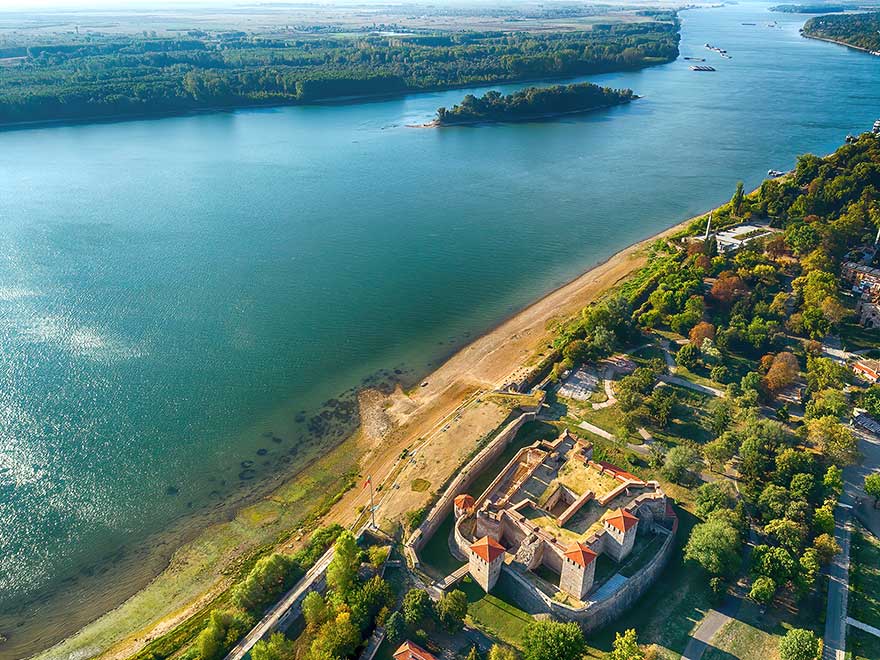
Danubian Plain PDOs
(Northern Bulgaria)
The region’s continental climate produces elegant reds, crisp whites, and expressive rosés.
Northwestern Bulgaria
Lom PDO | Montana PDO | Novo Selo PDO | Vidin PDO | Vratsa PDO
North Central Bulgaria
Lozitsa PDO | Pavlikeni PDO | Lyaskovets PDO | Svishtov PDO | Suhindol PDO | Khan Krum PDO | Novi Pazar PDO | Pleven PDO | Ruse PDO | Varbitsa PDO
Northeastern Bulgaria
Veliki Preslav PDO | Dragoevo PDO | Shumen PDO | Targovishte PDO | Black Sea Region PDO
Thracian Valley PDOs
(Southern Bulgaria)
A warmer region, producing bold reds, deep-bodied blends, and indigenous varieties.
Central South Bulgaria
Sakar PDO | Asenovgrad PDO | Brestnik PDO | Haskovo PDO | Oryahovitsa PDO | Karlovo PDO | Pazardzhik PDO | Septemvri PDO | Plovdiv PDO | Perushtitsa PDO | Stambolovo PDO | Stara Zagora PDO | Shivachevo PDO | Hisarya PDO | Ivaylovgrad PDO | Lyubimets PDO | Nova Zagora PDO
Southeastern Bulgaria
Sungurlare PDO | Bolyarovo PDO | Karnobat PDO | Slavyantsi PDO | Yambol PDO | Sliven PDO
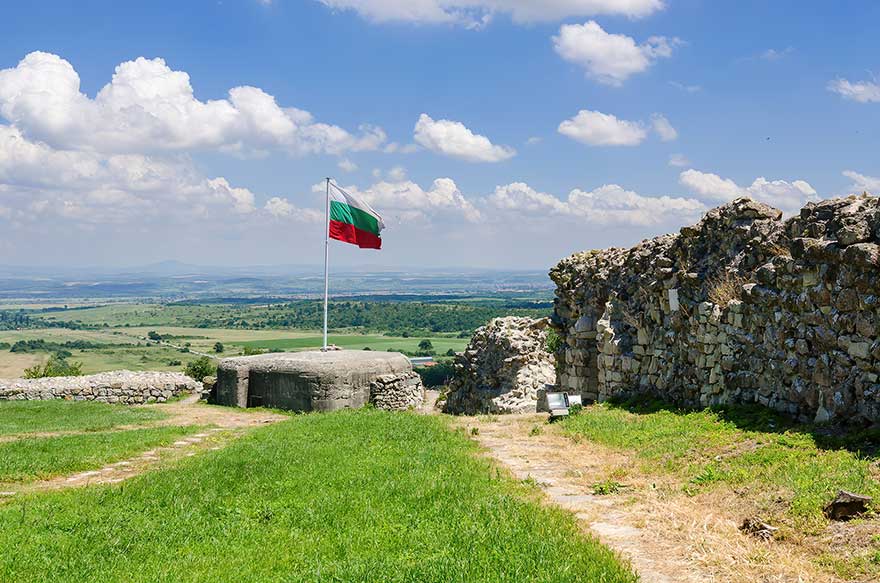
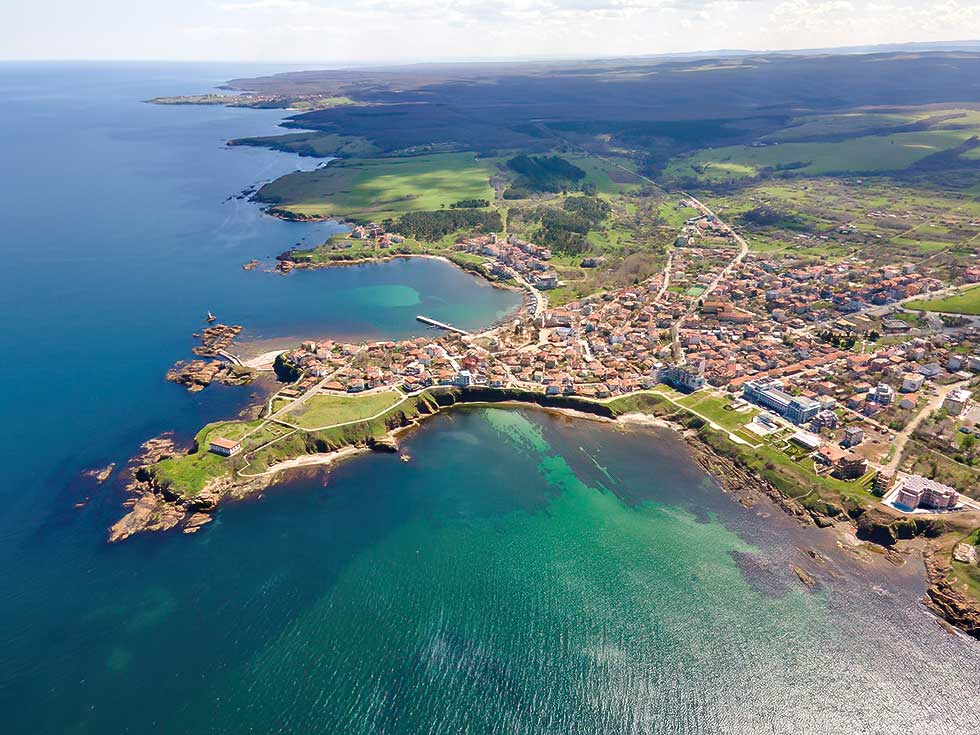
Black Sea Region PDOs
(Coastal Bulgaria)
A maritime-influenced region, producing mineral-driven whites, fresh rosés, and elegant reds.
Northeastern Black Sea Coast
Euxinograd PDO | Varna PDO
Southeastern Black Sea Coast
Southern Black Sea Coast PDO | Pomorie PDO
Struma Valley PDOs
(Southwestern Bulgaria)
A mix of Mediterranean and continental influences, producing spicy, full-bodied reds.
Harsovo PDO | Sandanski PDO | Melnik PDO | Struma Valley PDO
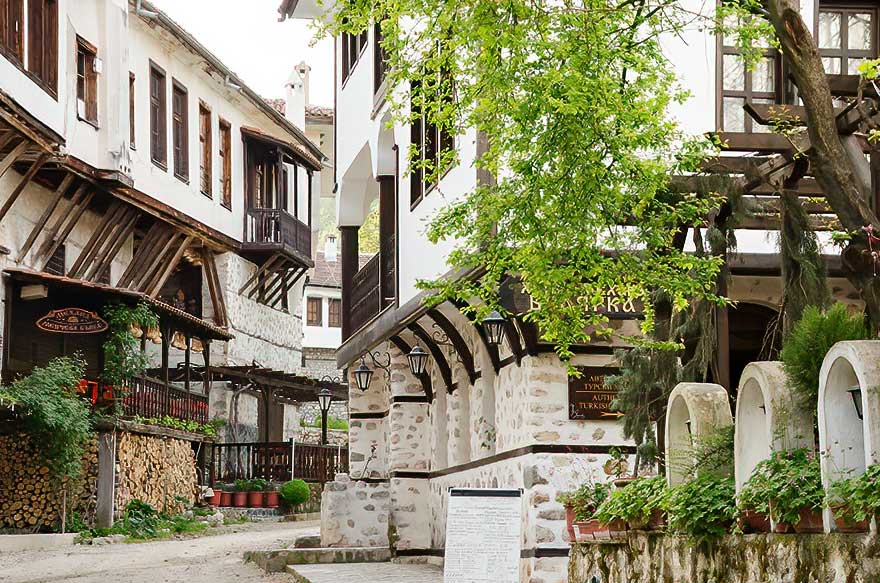
Bulgaria’s Wine PDO Systematization & Naming Developments
Before 2007, Bulgarian wines were categorized into five major winemaking regions aligned with historical and climatic zones. Since Bulgaria’s accession to the European Union, the PDO system was expanded to 52 areas to better represent the diversity of the country’s terroirs.
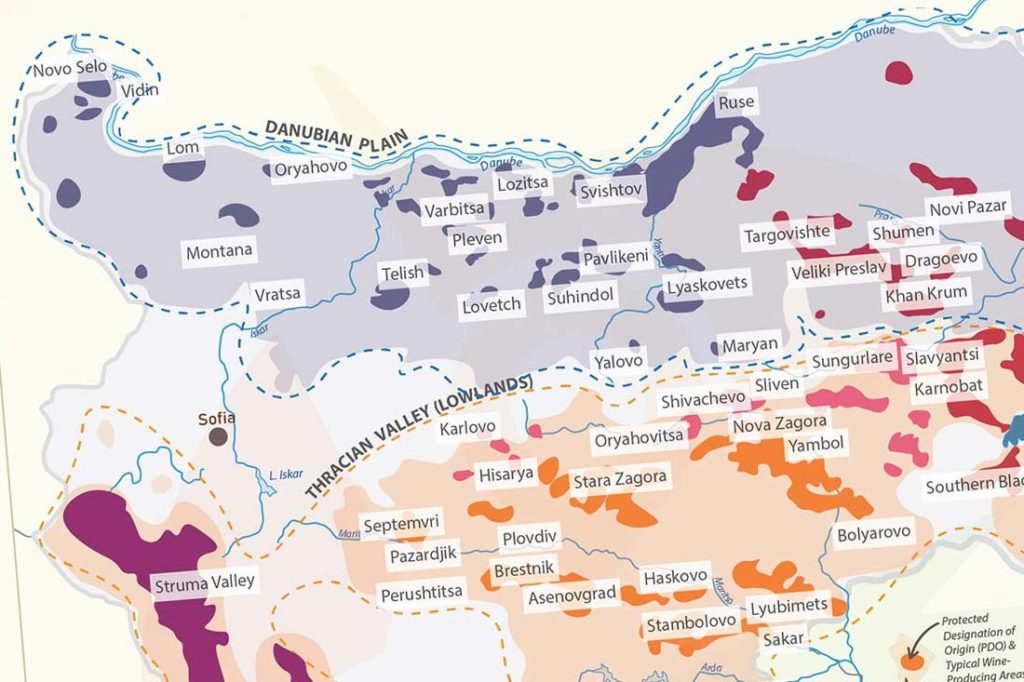
Before joining the EU, Bulgaria had five distinct wine regions: the Danubian Valley, Struma Valley, Rose Valley, Thracian Valley, and the Black Sea. Today, these regions are integrated into two overarching PGI regions: the Danubian Valley and the Thracian Plain (Lowlands). While some winemakers still reference historical regions’ names, their usage remains unofficial.
Learn more about the evolution of Bulgarian wine regulations and zoning
Ongoing Discussion on PDO Restructuring (2022 onwards)
In 2022, discussions emerged regarding a potential revision of the PDO system, with three proposed restructuring options:
- A model with eight PDO regions, dividing Bulgaria into Struma Valley, Mesta Valley, Rhodope Mountains, Danubian Plain, Strandzha Mountains, Rose Valley, Thracian Valley, and Dobrudzha.
- A model with five PDO regions, consolidating into Danubian Plain, Black Sea Region, Rose Valley, Thracian Valley, and Struma Valley.
- A more segmented model, featuring Northwest Bulgaria, Danubian Plain, North Black Sea, South Black Sea, Southeast Thrace, West Thrace, Sakar & Eastern Rhodopes, and Struma Valley.
These discussions aim to enhance the efficiency and global recognition of Bulgaria’s PDO wines while ensuring stronger regional identity and production standards.


